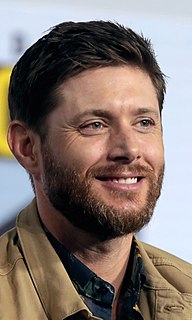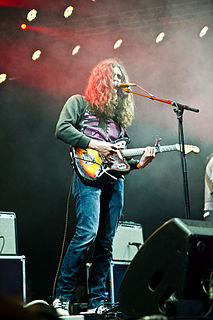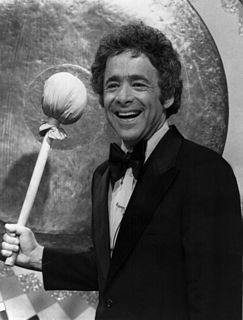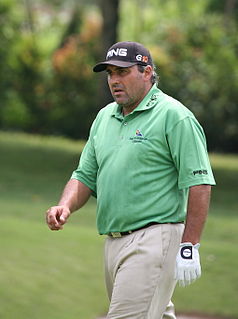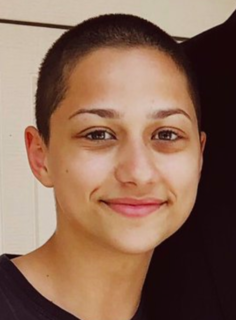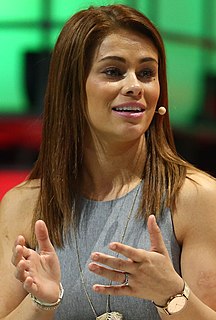A Quote by Marc Randolph
Like Netflix, Looker started as nothing more than an idea. Lloyd Tabb and Ben Porterfield were two brilliant engineers who had figured out a better way for businesses to see and analyze their data, and they asked me to join them to help out with the ABCs - that's short for Anything But Coding.
Related Quotes
For more than two generations, my family had never achieved their ambitions. Their talents were unappreciated and unused. They deserved better. They hadn't done anything wrong; they just had some bad breaks. Why was I succeeding? Why was I living my dreams? I wasn't more deserving than they were. I wasn't smarter or a better person. What was the difference between us that allowed me to attain so much in a short time? America. America was the difference. I had been born a citizen of the greatest nation in all of human history.
I just started trying to figure out how to write [something] which was unlike anything anybody had ever seen, and once I felt like I had figured that out I tried to figure out what kind of book I could write that would be unlike anything anybody had ever seen. When I started writing A Million Little Pieces I felt like it was the right story with the style I had been looking for, and I just kept going.
My family was always playing music; I always enjoyed it. My cousin, who is a little older than me, he started playing music, so I wanted to, also. I asked my dad for a guitar, and he got me a banjo, so that was my introduction to playing. I played it like a guitar. I had a few lessons, learned out a few chords, and figured it out right away.
I was very lucky because hanging out at a golf course was much better than being on the streets. Golf taught me a great deal. I grew up surrounded by people who were professionals - lawyers, doctors, engineers. Around them, I learned how to behave, speak, eat, dress. I had nothing at home. The club was my home.
When I first became a judge on the district court, I had one lawyer who came to argue before me, and he was looking off to the side as he was talking. I started asking him questions, and all of a sudden he whipped around and looked at me intently. I could see in his eyes that he had finally figured out, "This is no dummy, I'd better pay attention." It is satisfying to see that.
I've interviewed people where their response was literally one word for everything I asked. This didn't help me get to know them, nor did it sell me on their skill set to help my company achieve its goals. I got nothing from them, which meant I had no way of knowing if they were really a good fit in the company.
When I started training to fight, it was more out of boredom than anything. I was looking for more things to do. I started with boxing, and my coaches told me I had a lot of potential and that I should consider making it a career. I was like, 'Whatever.' I was just 15 at the time, and I never imagined something like that.
GOOD AS NEW was born out of the idea of writing a play where the stakes were high and the collisions were of a verbal nature. Also I wanted to write a play where people were smarter than I was, and more alive than I feel normally. I became interested in the idea of characters who would surprise me. I guess one could argue that nothing comes out of you that wasn't within you to begin with, but maybe there are ways to trick yourself into becoming more an observer or an advocate for the characters.
I hated motivators - never been a motivator. Motivation is like a warm bath, and you should take a bath probably, but you need more than that; you need strategy. I was a strategist, but nobody responded to that, so I was, like, "OK, what am I? I'm a coach. I'm not a guru." As an athlete, I had great coaches, and I was a better athlete than many of them, but they still were better than I was as a coach because they could see when I couldn't see. I thought, that's great, because I'm not better than anybody, but I do have the skills that I can help people.


